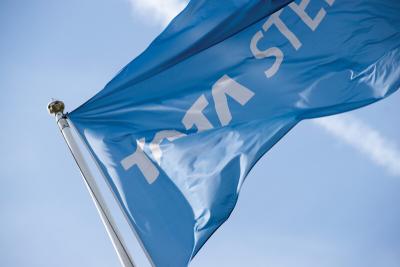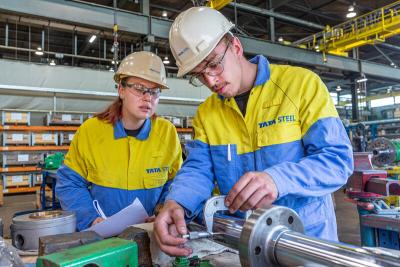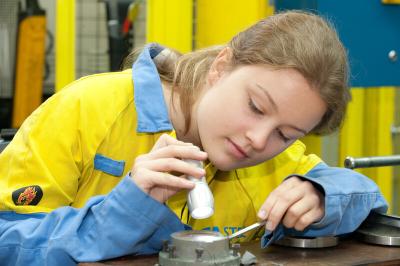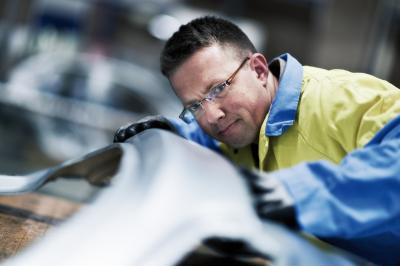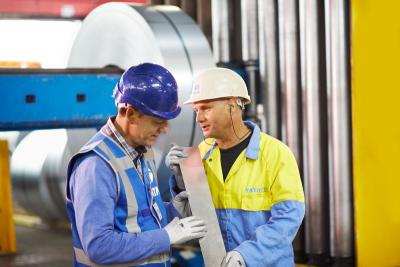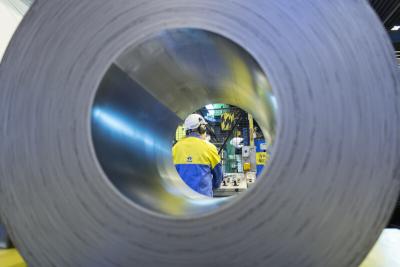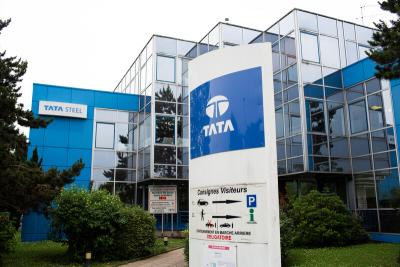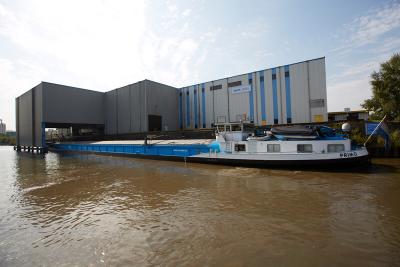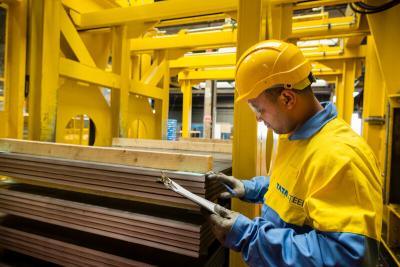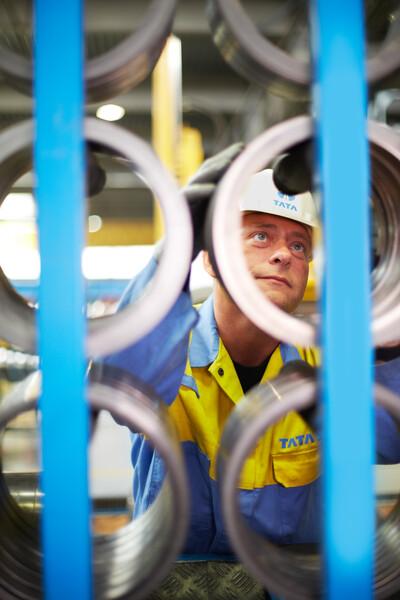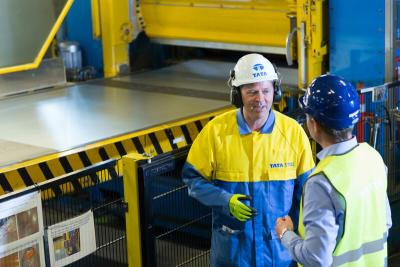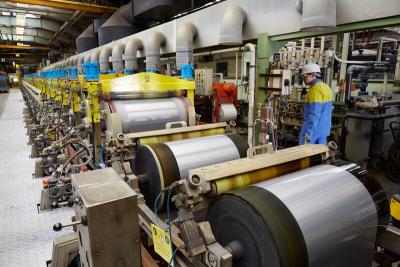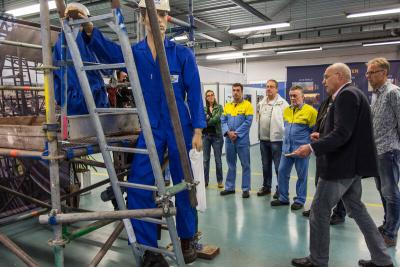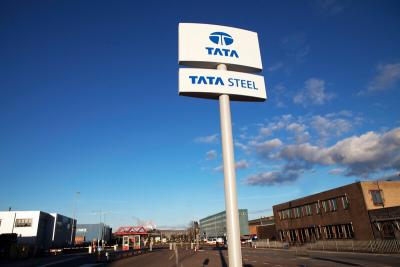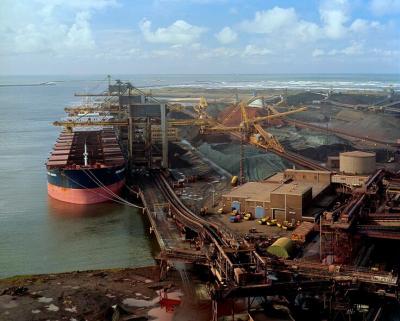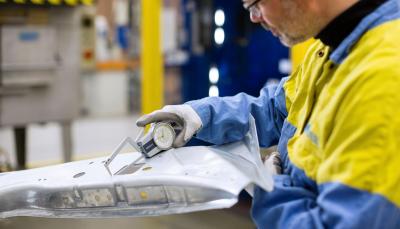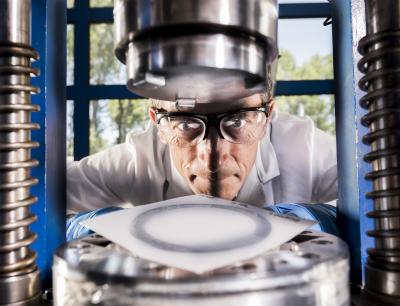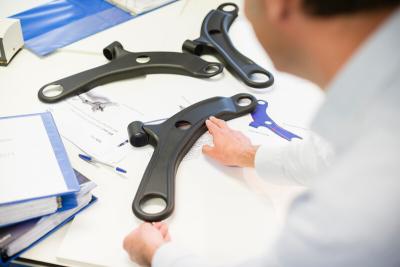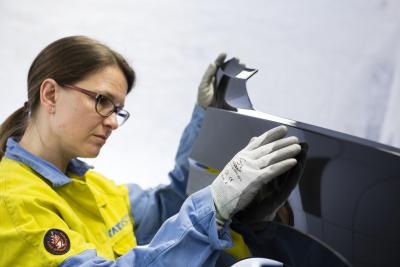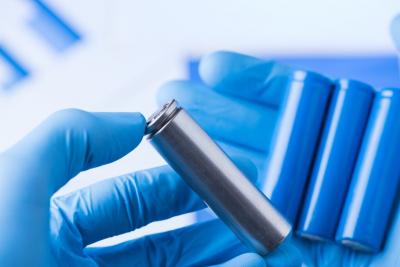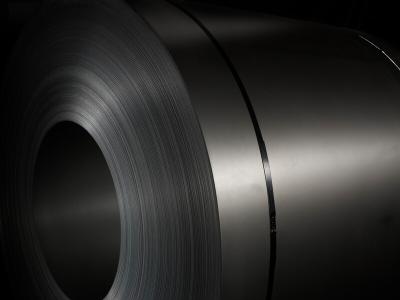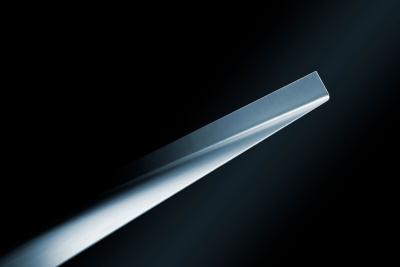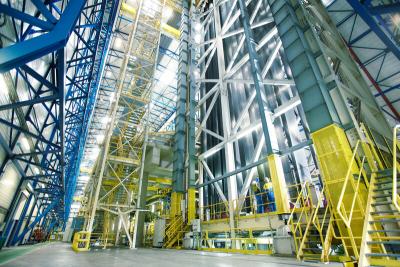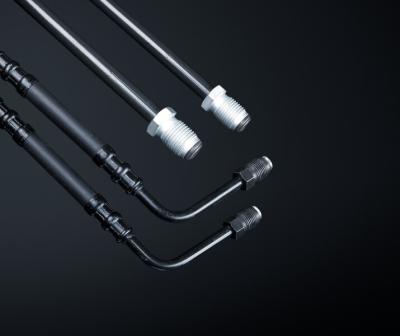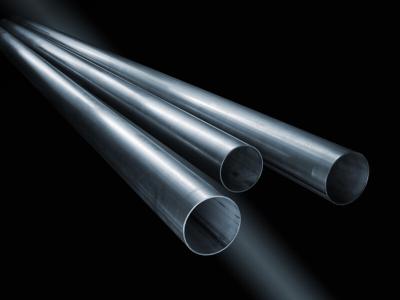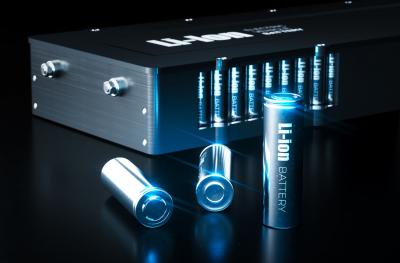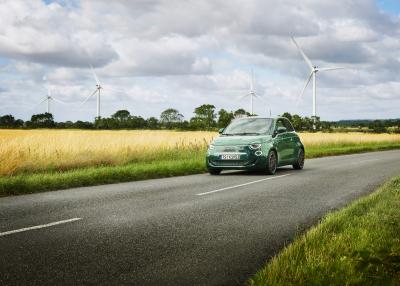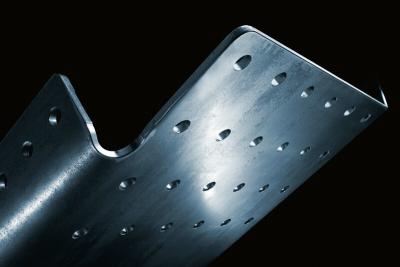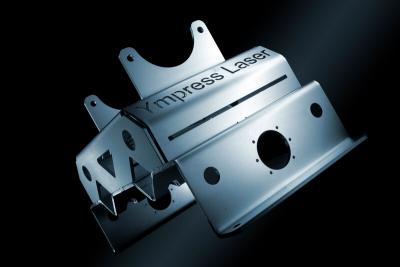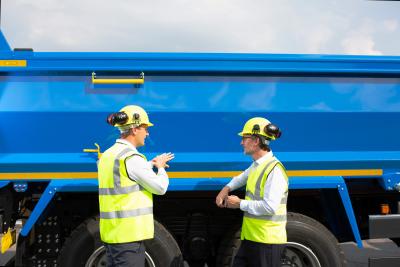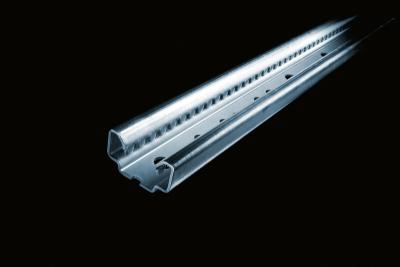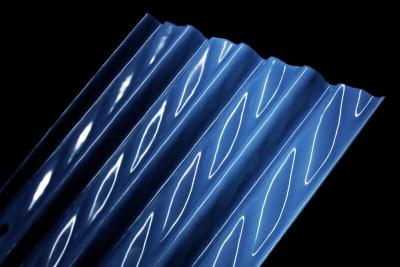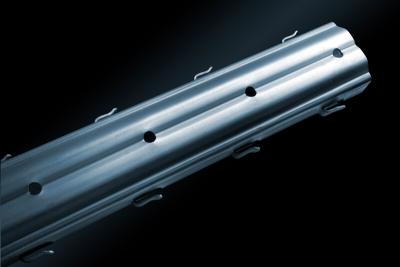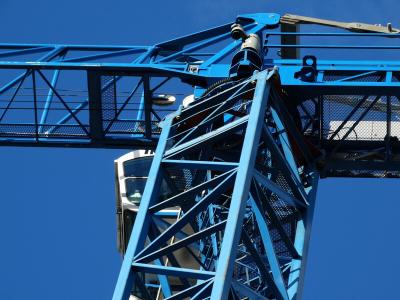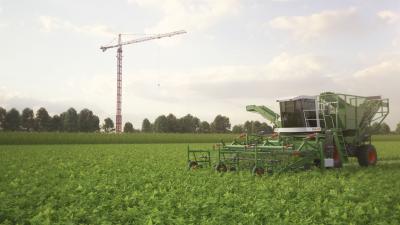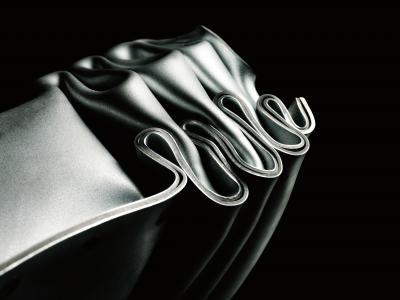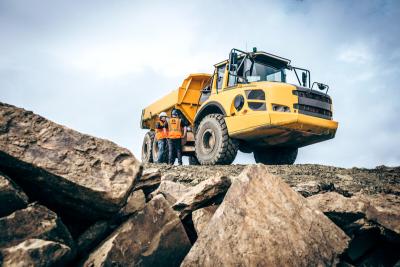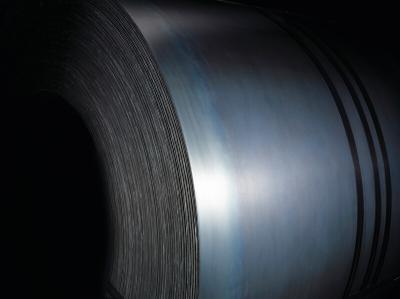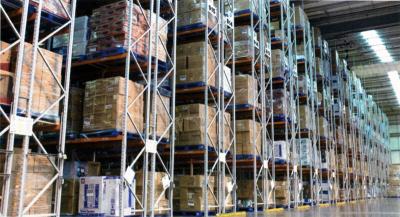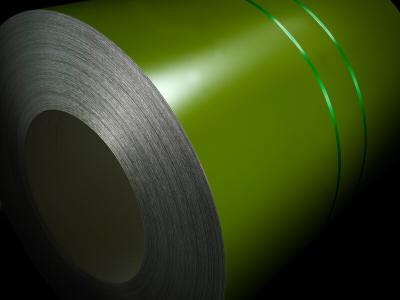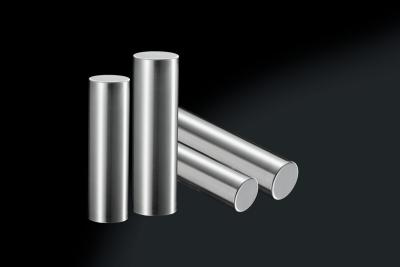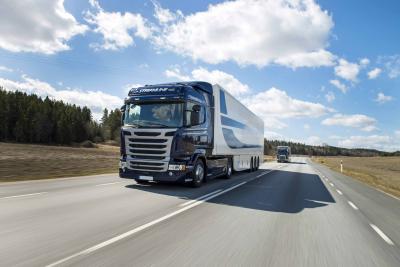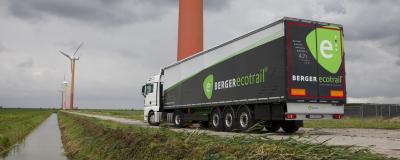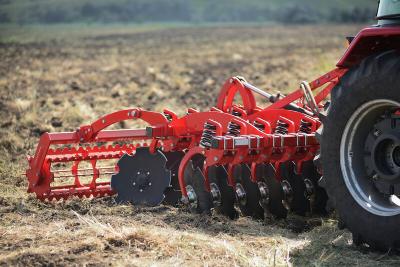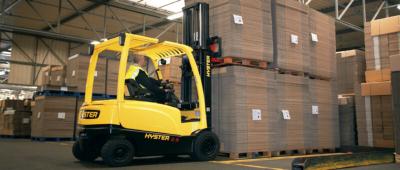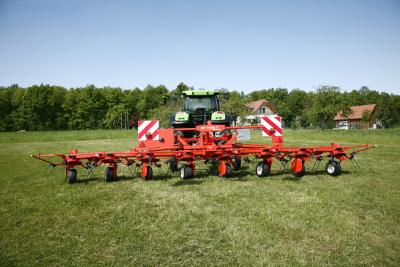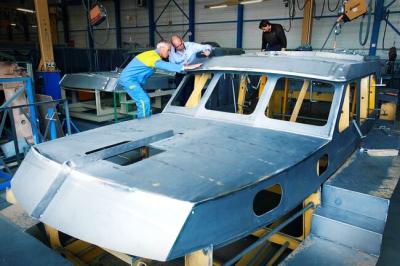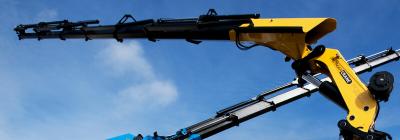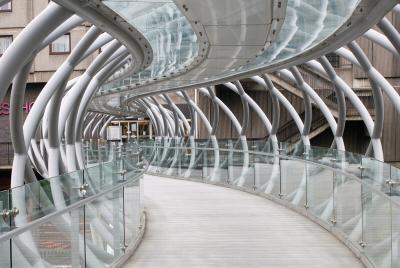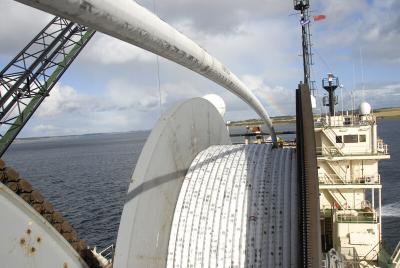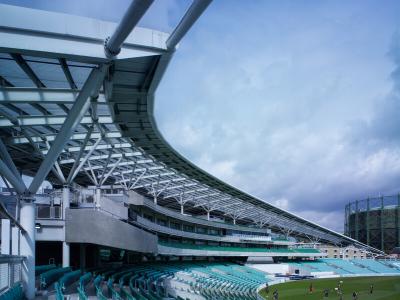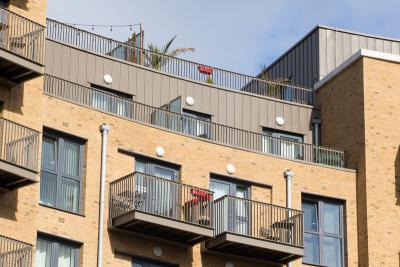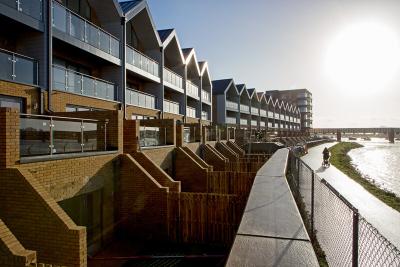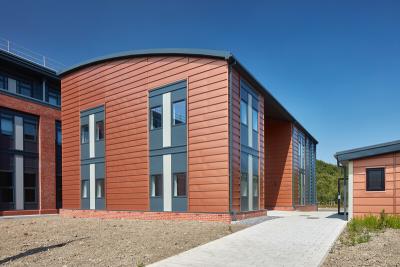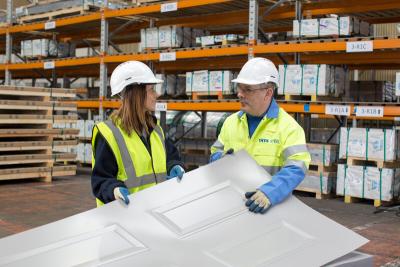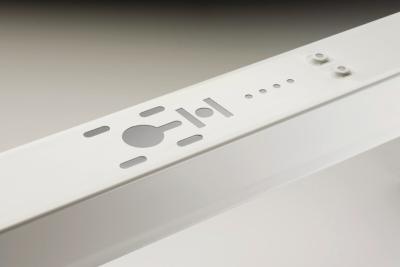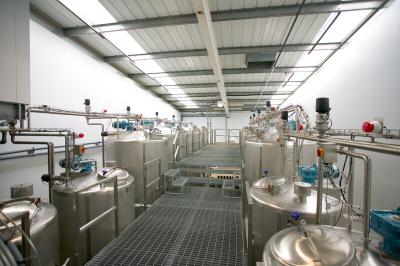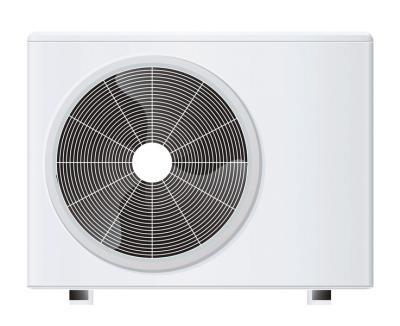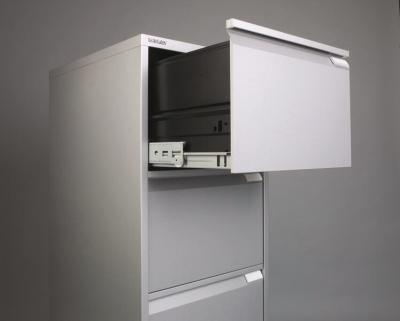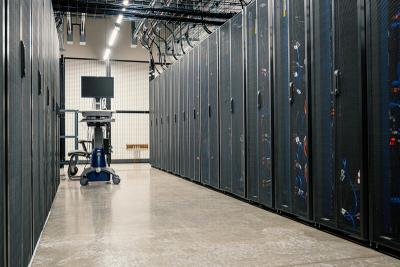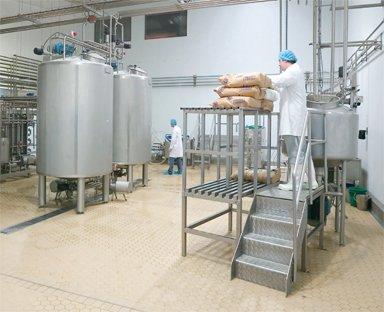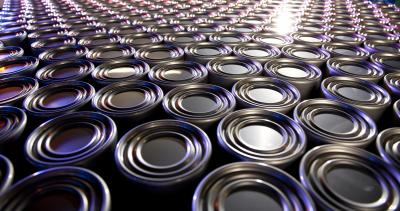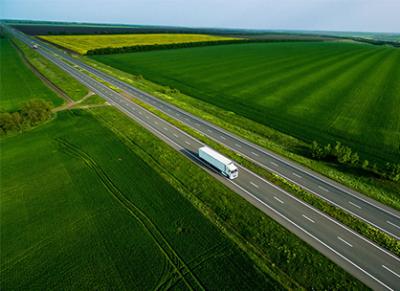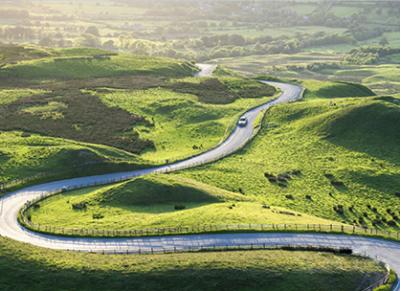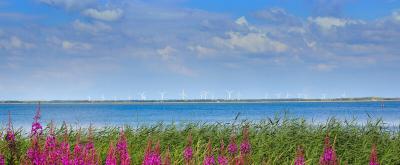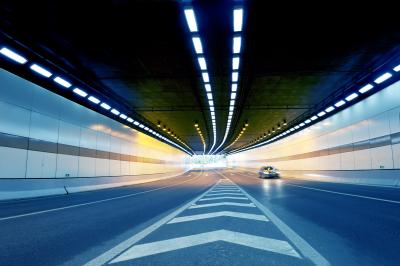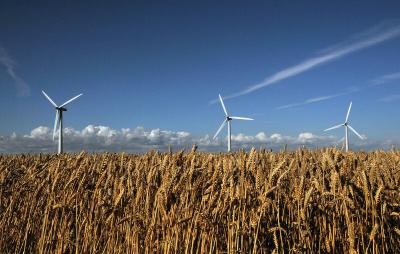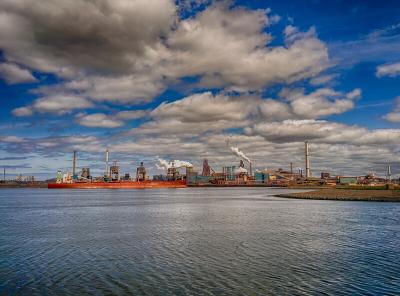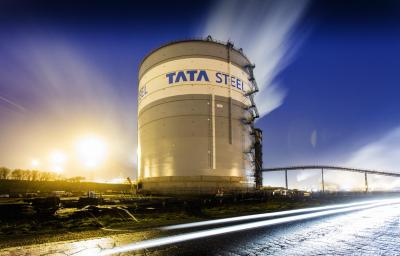In an article in the Sunday Times, Gareth Stace Director General of trade association, UK Steel, said: "The demand is there for green steel. Why should Britain be left behind when it is sitting on a goldmine of the scrap metal used by electric arc furnaces?"
The current steel debate in the UK has gotten many wires crossed regarding the technological ability of an Electric Arc Furnace
EAF technology can produce all steel products and grades by managing the raw material mix, such as high-quality scrap, and mixing pig-iron or Direct Reduced Iron (DRI). The quality of the materials supplied is indeed extremely important. While this is a major factor, the narrow focus on the EAF’s technical capability slightly misses the point of what we are trying to achieve. The steel sector is faced with the colossal task of decarbonising and tried-and-tested EAF technology is the quickest and most efficient way for the UK industry to drastically reduce its emissions.
"The narrative seems to be hung up on what ‘virgin’ steel is and why a G20 economy needs to have virgin steelmaking capability. And yet, it is omitted that virgin steel is made from imported iron ore and coal."
This particularly is true in the context of where our competitive advantage lies in terms of scrap resource availability. Ultimately, it’s this transition that will meet the demand of our customers and secure the long-term success of our sector.
Why should the UK be left behind? Countries across the globe are investing significantly in electric arc furnace technology and driving innovation in their steel sector – just look at Macron’s funding of ArcelorMittal’s Dunkirk project, announced last week. In fact, that project aims to link direct reduced iron with an EAF to transform iron ore using hydrogen instead of coal.
If Kemi Badenoch reports to Parliament on primary steelmaking, I hope the Secretary of State recognises that blast furnace is not
the only option to make ‘virgin’ steel.
What does the market want?
While making some products via the EAF route can be more challenging, UK steelmakers will respond accordingly if the market demand for green steel products exists. Sectors like the construction industry are now demanding green steel girders produced in an EAF – so the UK steel industry is responding by choosing to cut its carbon footprint and switch to EAF.
But there’s also a ‘build it, and they will come’ mentality too: other industries will want low emission steel in the future. For instance, while beverage can manufacturers might not make a can from EAF steel today, it does not mean the demand won’t be there.
"All current investment plans in Europe, North America, Africa, and Central and Eastern Europe over the next couple of years are all EAF."
Are we sitting on a materials goldmine in the UK?
The narrative seems to be hung up on what ‘virgin’ steel is and why a G20 economy needs to have virgin steelmaking capability. And yet, it is omitted that virgin steel is made from imported iron ore and coal.
The claim that the UK would be the only G20 country without virgin steel production is factually incorrect, as Saudi Arabia’s (member of the G20) steel industry is 100% EAF. Whilst we may not wish to make that comparison, we could look to Italy, a significantly bigger player in the global steel sector than the UK, where 84% of its production is EAF, 18.1 million tonnes, three times the UK steel output.
The UK is not an outlier investing only in EAF technology for new capacity. All current investment plans in Europe, North America, Africa, and Central and Eastern Europe over the next couple of years are all EAF.
Meanwhile, we can make brand new steel from a recycled raw material that we are sitting on in abundance - namely scrap steel. There is more than 10 million tonnes of scrap steel collected in the UK every year, much of which is alarmingly shipped abroad instead of being used in our domestic steel sector.
So, do we continue to rely on imported raw material that travels vast distances across the sea in a politically unstable world where supply chains are increasingly disrupted? Or do we create a genuinely sustainable, circular domestic steel sector right here in the UK? Shouldn’t we make the most of the materials goldmine we are sitting on and lead the world in establishing a net zero steel
sector?
What’s the vision?
I‘ve worked in the steel industry for nearly 20 years, and on sustainability regulations for even longer. I have seen the UK steel sector go through almost shut down, fighting tooth and nail to save the industry from collapsing under 2015’s steel dumping crisis. That is why I am so passionate about getting the long-term future of our industry right.
"Customers are asking that we supply them with green steel more and more each day, and society wants us to get to net zero."
One key advantage of the UK steel sector is that, by and large, our six steel-producing companies do not compete with each other. Each steelmaker has its own speciality. Our competition lies elsewhere, in Europe and further afield. This means that we can come together, within the strict competition rules, to work for the greater good of our whole sector.
There is a strong future ahead – our customers are asking that we supply them with green steel more and more each day, and society wants us to get to net zero. It’s important, too, to have a government that is committed to work with us to deliver a globally competitive steel sector.
Why are various commentators looking down their noses at EAF, a technology that has existed for over half a century? In the UK, four major companies make world-class steel with EAF technology.
Liberty Steel is already producing steel for the aerospace sector, which has a very low tolerance for residual elements, through careful scrap steel management to be fed into the production process.
Sheffield Forgemasters produces highly specialised steel for the defence and civil nuclear sectors.
Marcegaglia is the UK's only stainless-steel producer and does this in an EAF. Celsa Steel in Cardiff supports - quite literally - the UK construction sector by producing one million tonnes of reinforcing bars, all from steel scrap.
"Electric arc furnaces serve a growing market for green steel. If our whole sector doesn’t recognise that our customers’ demands are changing, then we will certainly go out of business."
The next step is research and development. One of the UK’s greatest strengths is the research and innovation in universities up and down the country. Steel is no different, with academia and the industry collaborating for years. For example, Swansea University is leading a new research programme into the latest sorting and processing technology which will reduce non-desirable residual elements from scrap steel.
To produce some of the steel our economy needs, it is true that we will import pig iron and DRI. But rather than that fact being a barrier to vastly increasing our EAF capacity, government could set out a long-term vision like UK Steel and the industry did when we published our Net Zero roadmap report in 2022. We can start planning for our own homegrown DRI plant. Perhaps one shared across our sector, as a common resource. The same could be said for our whole industry working together to collect, sort and distribute scrap steel.
Electric arc furnaces serve a growing market for green steel. If our whole sector doesn’t recognise that our customers’ demands are changing, then we will certainly go out of business. Far too many foreign steel exporters are standing ready to jump into our market.
Let’s start having a factual debate on what our steel sector needs to do, in partnership with Government, Trade Unions and our customers to ensure steelmaking has a future in the UK for many generations to come.
Gareth Stace is Director General of trade organisation UK Steel
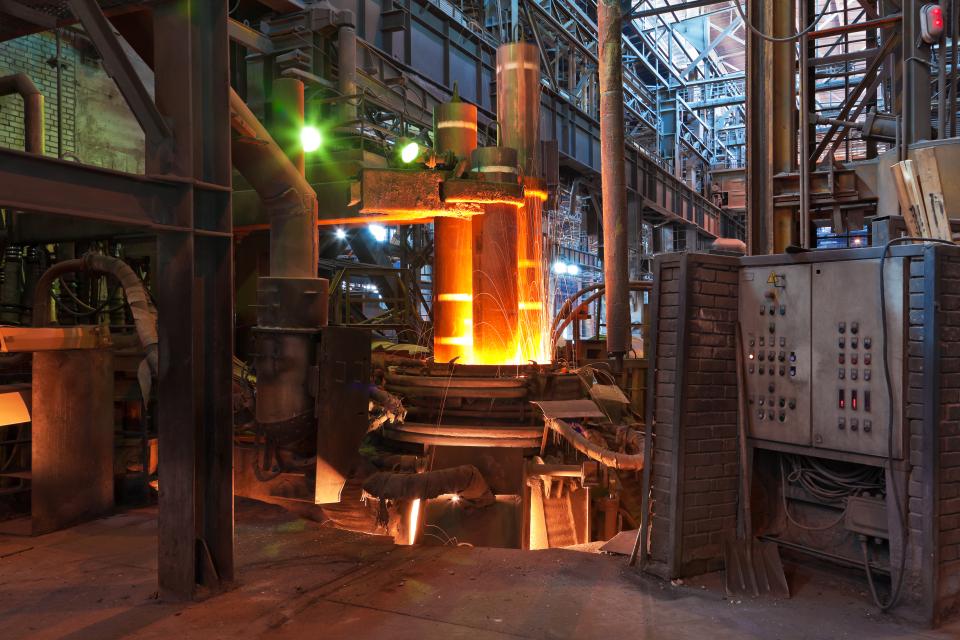

About Tata Steel UK
- The Tata Steel Group has been named one of the most ethical companies in the world, and is among the top producing global steel companies with an annual crude steel capacity of 34 million tonnes.
- Tata Steel in the UK has the ambition to produce net-zero steel by 2045 at the latest, and to have reduced 30% of its CO2 emissions by 2030.
- Tata Steel is the largest steelmaker in the UK with primary steelmaking at Port Talbot in South Wales supporting manufacturing and distribution operations at sites across Wales, England and Northern Ireland as well as Norway, Sweden, France and Germany. It also benefits from a network of international sales offices around the world.
- Tata Steel employs more than 8,000 people and has an annual crude steel capacity of 5 million tonnes, supplying high-quality steel products to demanding markets, including construction and infrastructure, automotive, packaging and engineering.
- Tata Steel Group is one of the world's most geographically-diversified steel producers, with operations and a commercial presence across the world.
Follow us on social media



